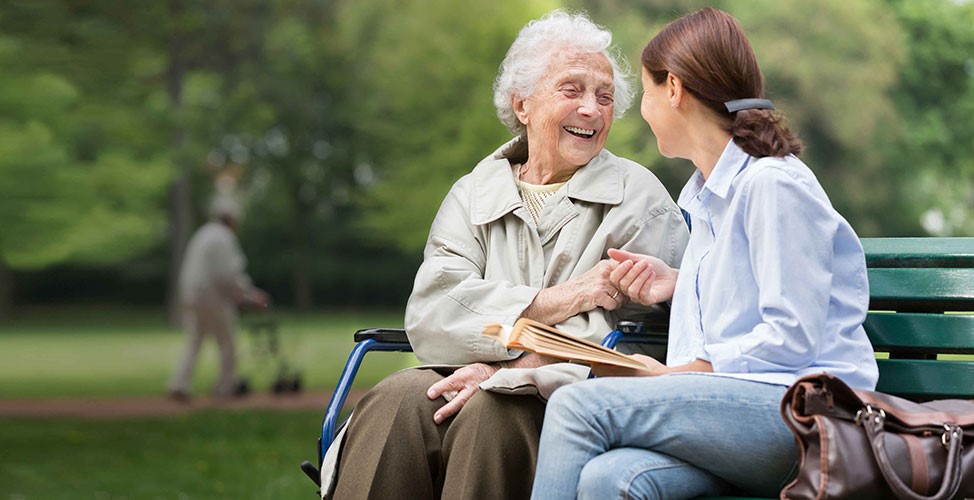“Gratitude, empathy and mindfulness ... are three evidence-based mental health strategies that you can do every day to improve your wellbeing” – Hugh van Cuylenburg.
It’s only natural to want to keep to ourselves when facing significant change. Yet, it’s during periods of upheaval that we can benefit most from social connection, says Hugh van Cuylenburg, founder of social educator The Resilience Project.
“The moments of joy and love that we experience come from feeling connected,” he says. “It's vital – even when we don't feel like it – to make an effort to connect with others in a meaningful way.”
The Resilience Project, which delivers emotionally engaging programs to schools, sports clubs and businesses, helps support people of all ages to broaden their horizons and to approach life with gratitude, empathy and mindfulness.

Why are social connections important?
Humans are inherently social beings. Most of us choose to live in family or community groups and seek the company of others, because our need to connect is fundamental.
In recent years, scientists have discovered just how beneficial social interactions can be. They are known to lower rates of anxiety and depression; promote self-esteem and empathy; strengthen our immune systems; and even help us to live longer.
Researchers from the University of Chicago have found social isolation can disrupt sleep, elevate blood pressure, alter gene expression in immune cells, increase stress and depression and lower overall sense of life satisfaction.
As we age, the risk factors associated with social isolation increase. Various circumstances, such as losing a partner, taking on a carer role to an ill or ageing family member or moving to a new home or community, can cut us off from our social circles.
Hugh says this is exactly when we should draw on the unconditional love offered by family and friends – and also cultivate new relationships.
“In such situations, it can help to create a connection to-do list,” he says. “Each day, try to connect with someone you know, like a family member or old friend; someone you don’t know, like a new neighbour or care worker; or someone you wouldn’t normally connect with.”
Three steps to boost wellbeing
Aside from maintaining strong social ties, Hugh believes there’s a simple formula we can follow to maintain a positive outlook, regardless of what we’re going through.
“Gratitude, empathy and mindfulness – which we call the GEM model – are three evidence-based mental health strategies that you can do every day to improve your wellbeing,” he says.
While following the GEM model can make you happier and more content, even after just a short period, there’s also a flow-on effect, says Hugh.
People around you are more likely to respond to your positivity and want to spend time with you.
This increased positivity will give rise to more social connections and a continued cycle of emotional and physical wellbeing.
Practise the GEM model
Gratitude
The first pillar, gratitude, is particularly important during challenging times, when we’re inclined to focus on the things we don’t have. At the end of each day, Hugh van Cuylenburg recommends writing down three things that went well.
“It could be as basic as a chat with a friend or a walk outside,” he says. “Doing this every day rewires our brain to start paying attention to the good things that are happening in our lives and increases the amount of positive emotions we feel throughout the day.”
Empathy
The second pillar, empathy, encourages us to be kind towards others – as much for our own benefit as theirs.
“If you do something nice for someone else, your brain releases the hormone oxytocin, which makes you feel joy and happiness,” Hugh says.
He suggests looking for opportunities to be kind to people – whether that’s holding the door open for someone or writing a letter to a loved one.
Mindfulness
The third pillar, mindfulness, is our ability to enjoy the present moment – something that’s not always easy when we’re facing hardship and ruminating on the past or worrying about the future.
“When you practise mindfulness, you teach yourself to pay attention to what's happening as it happens, which leads you to more empathetic and kind moments – and so many more moments of gratitude,” Hugh says.
Meditation is a popular form of mindfulness, but it can also be achieved by pausing at various moments to focus on what you’re experiencing – be it the sound of someone’s voice or the colours of a sunset.
Words: Beth Wallace

.jpg)
